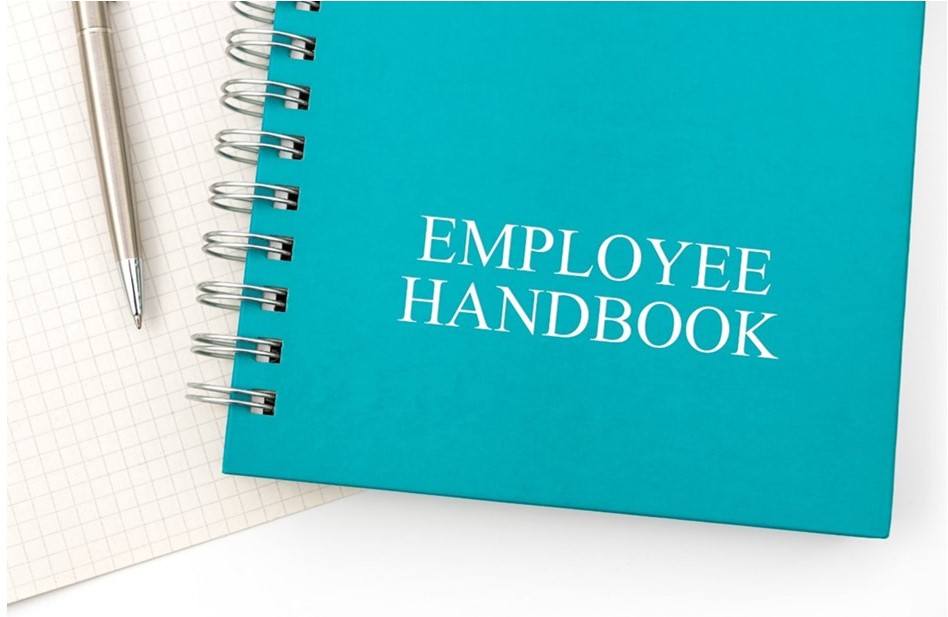Unlocking Success: The Crucial Role of an Up-to-Date Handbook in Your Organisation
The importance of updating your handbook:
1. Compliance with the law: Laws and regulations are constantly evolving, and it is crucial for the handbook to reflect these changes to ensure legal compliance.
2. Company policies and procedures: As the company grows and evolves, it is important to update the handbook to reflect any changes in policies and procedures to ensure consistency and clarity for all employees.
3. Missing information: Over time, there may be instances where important information is inadvertently omitted from the handbook. Regular updates provide an opportunity to fill in any gaps and ensure that all necessary information is included.
4. Technology changes: With the rapid advancements in technology, it is important to update the handbook to reflect any changes in the use of technology within the company, such as cybersecurity protocols and remote work policies.
Understanding the Differences between a Handbook, Policies, and SOPs:
The handbook serves as a tool to clearly communicate the company’s vision, mission, and values to all employees, ensuring alignment with the organisation’s goals and objectives. Policies outline the rules of employee behavior, emphasize the benefits of compliance, and detail the consequences of non-compliance, all based on organisational values, culture, and goals. SOPs guide employees in following best practices to ensure consistent, predictable outcomes and improved team productivity, standardising processes across the organisation.
In the fast-paced world of business, having a well-maintained and up-to-date employee handbook is more than just a box to tick—it’s a strategic necessity. In this article, we’ll explore why having a current handbook is vital for the success of your organisation and how it contributes to a thriving, informed, and compliant workplace.
1. Legal Compliance and Risk Mitigation
An up-to-date handbook serves as a legal compass, guiding both employees and employers through the intricate landscape of employment laws and regulations. It helps ensure that your organisation remains compliant with ever-changing laws, reducing the risk of legal challenges and potential penalties. By regularly updating your handbook, you provide a shield against legal uncertainties and create a stable foundation for your business operations.
2. Clear Communication of Expectations
A handbook acts as a roadmap, outlining the rules, policies, and expectations that govern your workplace. As your company evolves, so do its practices and procedures. Keeping your handbook current ensures that employees are aware of any changes in policies, procedures, or expectations. This not only fosters a sense of transparency but also helps employees understand their roles and responsibilities, contributing to a more harmonious and efficient work environment.
3. Adaptability to Organisational Growth
Companies are dynamic entities, constantly evolving and growing. An outdated handbook can become a hindrance as it may not reflect the current state of your organisation. Regular updates allow you to incorporate new processes, technologies, and organisational structures. This adaptability ensures that your handbook remains a relevant and valuable resource, irrespective of your organisation’s size or industry.
4. Employee Empowerment and Engagement
An up-to-date handbook empowers employees with the knowledge they need to succeed in their roles. When employees understand the expectations and guidelines, they can confidently navigate their work, contributing to a more engaged and productive workforce. A newsletter serves as a powerful tool to communicate these updates, ensuring that all employees are informed and connected to the heartbeat of the organisation.
5. Cultural Alignment and Employee Trust
Your handbook is a reflection of your company’s culture and values. Regular updates allow you to align your policies with your evolving culture, reinforcing a sense of identity and purpose among your workforce. This alignment builds trust among employees, as they see that the organisation is committed to creating a positive and supportive work environment.
In today’s dynamic business environment, having an updated handbook is essential for the success of any organisation. It ensures legal compliance and promotes clear communication, adaptability, employee empowerment, and cultural alignment. By regularly updating your handbook and including important information in your newsletters, you can make crucial information more accessible while fostering a culture of transparency and engagement within your organisation. It is important for organisations to invest time and resources in creating and maintaining comprehensive documentation to drive efficiency and success in their operations.
By ensuring that everyone has access to accurate and up-to-date information, a manual enables informed decision-making, efficient problem-solving, and effective coordination.

